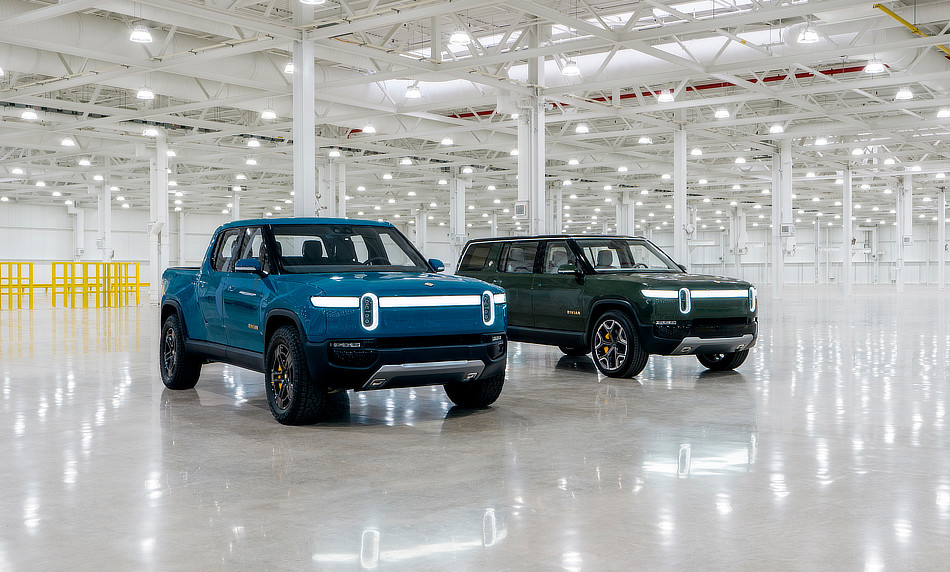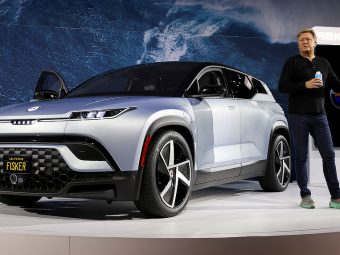Rivian, a symbol of the electric vehicle boom and the Wall Street fantasy of technological salvation, has agreed to pay $250 million to settle a class-action lawsuit brought by investors it allegedly misled during its 2021 IPO.
The lawsuit alleged that the company concealed the underpricing of its vehicles, only to sharply raise prices afterwards, leaving shareholders exposed and enraging customers who had believed in Rivian’s promises.
The settlement, while legally convenient, is a hollow gesture in the face of systemic corporate malfeasance.
Rivian denies wrongdoing, yet the act of raising prices on the R1S and R1T — sending its share price plunging by nearly 40% — underscores a culture in which profit and market theatrics take precedence over transparency, fairness, and accountability.
Now, as Rivian prepares to launch the R2 SUV, cut 4.5% of its workforce, and navigate a slowing EV market in the U.S., the spectacle of “innovation” reveals itself as an instrument of extraction. Investors are placated, regulators are sidelined, and ordinary workers and consumers bear the consequences.
The promise of electric vehicles, once framed as a moral imperative for the planet, has been subsumed into the insatiable calculus of corporate gain, where ethical bankruptcy is dressed up as technological progress.







